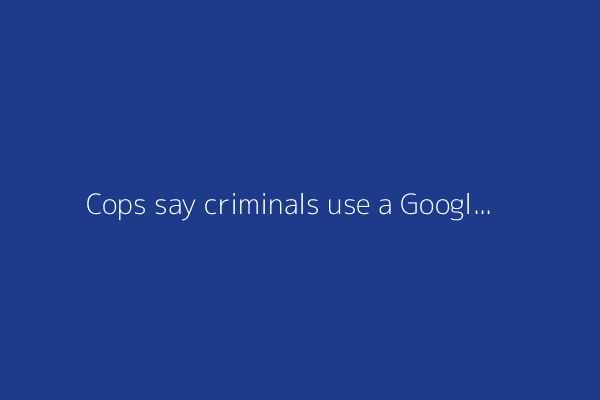Cybersecurity threats escalate as Clorox sues a vendor after a $380M hack due to poor password practices, while ExpressVPN fixes a Windows bug exposing remote desktop traffic. Meanwhile, new malware targets banking accounts by exploiting Windows accessibility tools, highlighting growing vulnerabilities.
Why World Pulse Now?
Global Coverage
All major sources, one page
Emotional Lens
Feel the mood behind headlines
Trending Topics
Know what’s trending, globally
Read Less, Know More
Get summaries. Save time
Live Stats
8,726
119
191
5 hours ago
1-Minute Daily Briefing
Stay sharp in 60 seconds. Get concise summaries of today’s biggest stories — markets, tech, sports, and more
Why World Pulse Now?
Global Coverage
All major sources, one page
Emotional Lens
Feel the mood behind headlines
Trending Topics
Know what’s trending, globally
Read Less, Know More
Get summaries. Save time
Live Stats
8,726
119
191
5 hours ago
1-Minute Daily Briefing
Stay sharp in 60 seconds. Get concise summaries of today’s biggest stories — markets, tech, sports, and more








